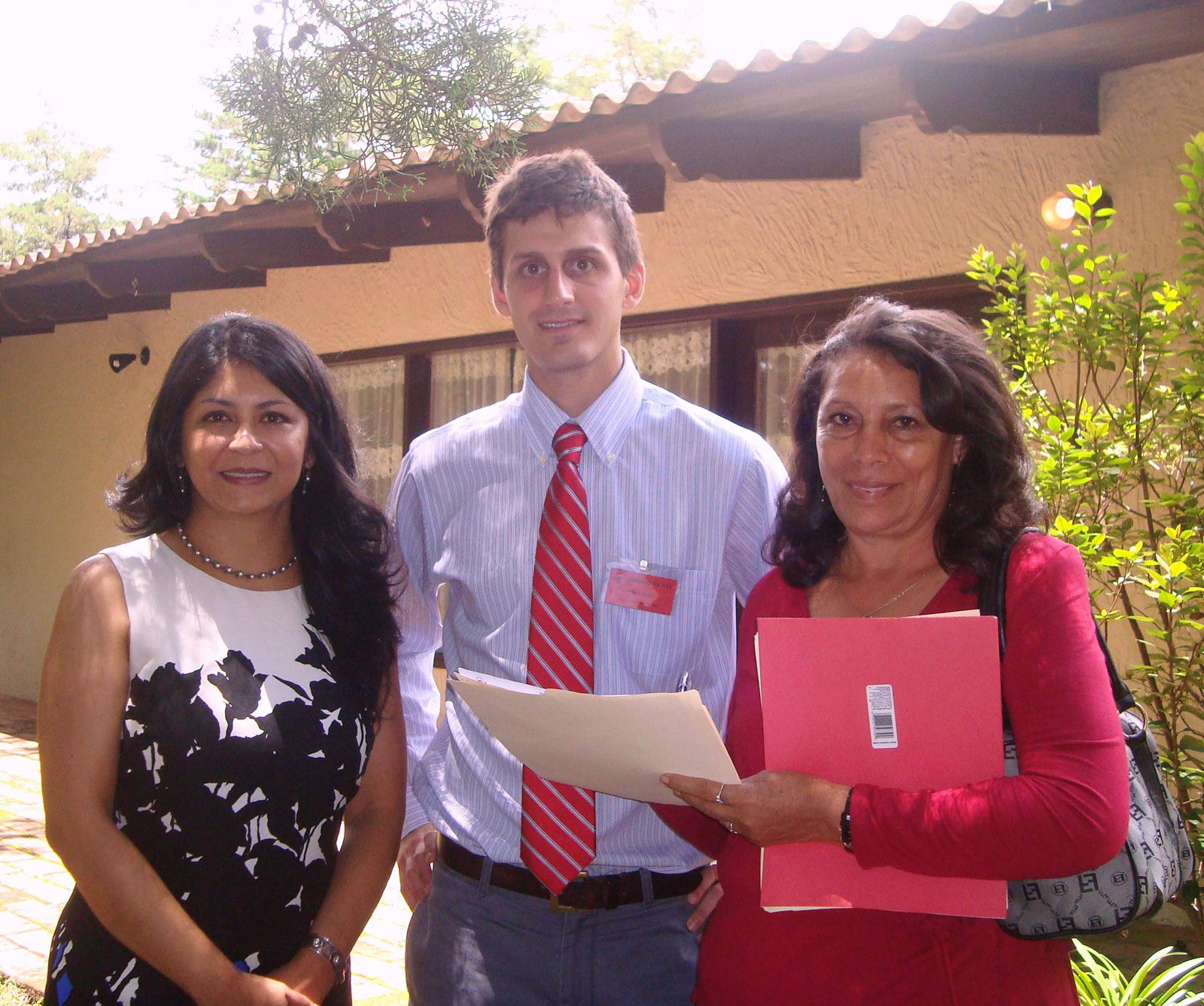
Working Side-By-Side For Honduras
As a volunteer manager for Peace Corps in Honduras, Alejandrina Carrasco looks at her job as a way to bring two cultures together for a common good.
“The Peace Corps has a beautiful mission to provide technical assistance to countries that require support. It’s a cultural exchange – volunteers come to share American culture and learn about Honduran culture,” she says.
Carrasco (’01 PhD agricultural education) is the manager of the Peace Corps municipal development project in her native country. She serves as liaison to the Government of Honduras to determine their interests, needs and potential for cooperation. It is her job to ensure her volunteers’ efforts are consistent with those of the government and Peace Corps philosophy. She oversees 35 volunteers in the field, develops training and evaluates programming for the volunteers.
Her programs include mentoring mayors to improve services to citizens, leadership training for community based organizations or initiatives to improve participation in municipalities. Carrasco says she enjoys working in different parts of Honduras, facilitating technical assistance in the field and training volunteers.
“Everything is related to human development in my eyes – that’s how this work is special to me,” she says. “I supervise work in the field and can also provide my own advice. I’m helping Hondurans through my volunteers who work side-by-side with Hondurans.”
Carrasco has degrees in technical agriculture and agronomy from Zamorano, Pan-American School of Agriculture in Honduras. She says her degrees served her well in her work in extension and agricultural training. But she wanted to learn more about how to transfer her technical knowledge and apply it for the benefit of her fellow Hondurans.
“When I worked in a rural community after my first degree, I realized people don’t have the means to get the latest technology or sometimes the openness to accept technology,” she says. “I had the knowledge, but didn’t know how to transfer what I know to these people, or how to get it to work with their means so I became interested in extension education.”
Carrasco learned English so she could pursue higher education in the United States. After completing her masters at Louisiana State University she came to Iowa State where she says she found a welcoming, supportive environment for international students. She returned to Honduras and joined the Peace Corps staff in 2002. Her commitment to her country is apparent to the volunteers she supervises.
“Ale told me she loved her country as well as her family and she wanted to make it a better place,” says returned Peace Corps volunteer Robert Clink, a financial management officer for the U.S. Agency for International Development in the Dominican Republic. “I knew Ale really understood the bigger picture. What I learned firsthand was Honduras is a country with amazing people and so much potential. Extreme poverty is a fact of life in that country, but Ale truly has dedicated herself to making the country a better place.”



